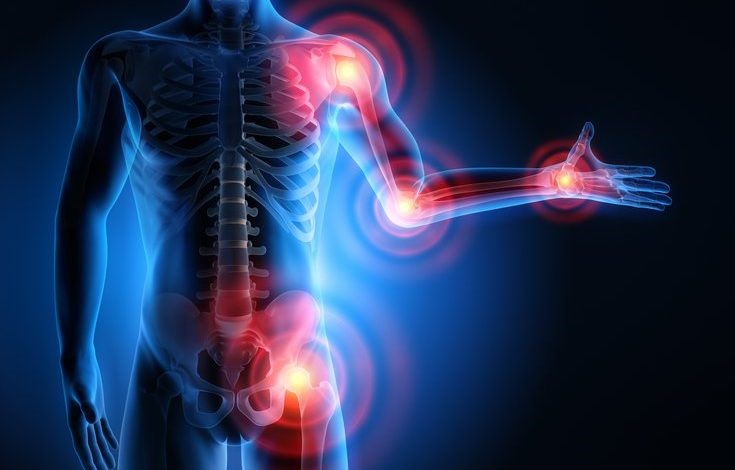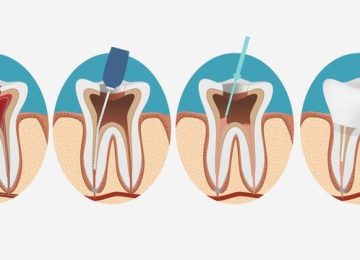Rheumatoid arthritis is a chronic autoimmune disease that primarily affects the joints. It causes inflammation, pain, and stiffness in the joints, and can also lead to joint damage. While there is no cure for rheumatoid arthritis, there are many treatments available that can help relieve symptoms and improve quality of life. In this article, we will discuss the top treatments for rheumatoid arthritis some basic information about the disease is necessary. The goal of treatment is to reduce inflammation in the joints, relieve pain and stiffness, and maintain or improve joint function. Treatment options include medications, surgery, physical therapy, and lifestyle changes
Medications
The mainstay of treatment for rheumatoid arthritis. There are many different types of medications available, and they are typically prescribed based on the severity of symptoms.
DMARDs
The most common medications used to treat rheumatoid arthritis are called disease-modifying anti-rheumatic drugs (DMARDs). DMARDs are designed to suppress the immune system and reduce inflammation in the joints. Other types of medications used to treat rheumatoid arthritis include pain relievers, corticosteroids, and biological drugs. There are two types of DMARDs: conventional and targeted synthetic. Conventional DMARDs are medications that have been used to treat rheumatoid arthritis for many years. These drugs include methotrexate, sulfasalazine, leflunomide, and hydroxychloroquine. They work by suppressing the immune system and reducing inflammation in the joints. However, they can also cause serious side effects, so they are not recommended for everyone. Targeted synthetic DMARDs on the other hand are a newer type of medication that has been developed specifically for the treatment of rheumatoid arthritis. These drugs include tofacitinib and baricitinib. They work by blocking specific proteins called JAKs that are involved in the immune response. They have fewer side effects than conventional DMARDs, and they may be more effective for some people.
Steroids
Steroids are a type of medication that is used to reduce inflammation and pain. They can be taken orally or injected into the joints. While they are effective at reducing symptoms, they can also cause serious side effects, so they should only be used for a short period of time.
Biologic agents
Biologic agents are a newer type of medication that is used to treat rheumatoid arthritis. These drugs are made from human or animal proteins and they work by suppressing the immune system. They are given as injections, and they can be very effective at reducing inflammation and symptoms. However, they can also cause serious side effects, so they should only be used for people who have not responded to other medications.
Therapy
The first line of treatment for rheumatoid arthritis is usually therapy. There are several types of therapy available, and the type that is best for you will depend on your individual situation.
Surgery
In some cases, surgery may be necessary to improve the function of joints that have been damaged by rheumatoid arthritis. Surgery may involve repairing or replacing damaged joints, removing inflamed tissue, or shaving away bone spurs.
Frequently Asked Questions
What are the top treatments for rheumatoid arthritis?
Answer: The top treatments for rheumatoid arthritis vary depending on the person. However, common treatments include medications such as pain relief drugs and disease-modifying antirheumatic drugs (DMARDs), along with therapies such as physiotherapy or occupational therapy. Surgery may also be necessary in some cases.
How long do I have to take medication for rheumatoid arthritis?
Answer: This will depend on the individual, but most people will need to take medication for rheumatoid arthritis long-term. Some people may only need to take medication for a short period of time, while others may need to take it for life.
What are the side effects of DMARDs?
Answer: The side effects of DMARDs can vary depending on the drug. However, common side effects include nausea, vomiting, diarrhea, and liver problems.
Are there any natural treatments for rheumatoid arthritis?
Answer: There is limited evidence to support the use of natural therapies for rheumatoid arthritis. However, some people find that certain supplements or lifestyle changes help to relieve their symptoms.
What is the prognosis for rheumatoid arthritis?
Answer: The prognosis for rheumatoid arthritis varies from person to person. Some people may only experience a mild form of the disease that requires minimal treatment, while others may have a more severe form that leads to disability. There is no cure for rheumatoid arthritis, but with treatment, many people are able to achieve a good quality of life.
Conclusion
There are many different treatments for rheumatoid arthritis, and what works for one person may not work for another. Some of the top treatments include medication, physical therapy, and surgery. Talk to your doctor about which treatment is right for you.
I hope this article has been helpful to you. If so, please share it with your friends and family on social media or other networks where they might find value in the information provided herein. And as always, if there is anything else we can help you with – please feel free to leave them below.

















